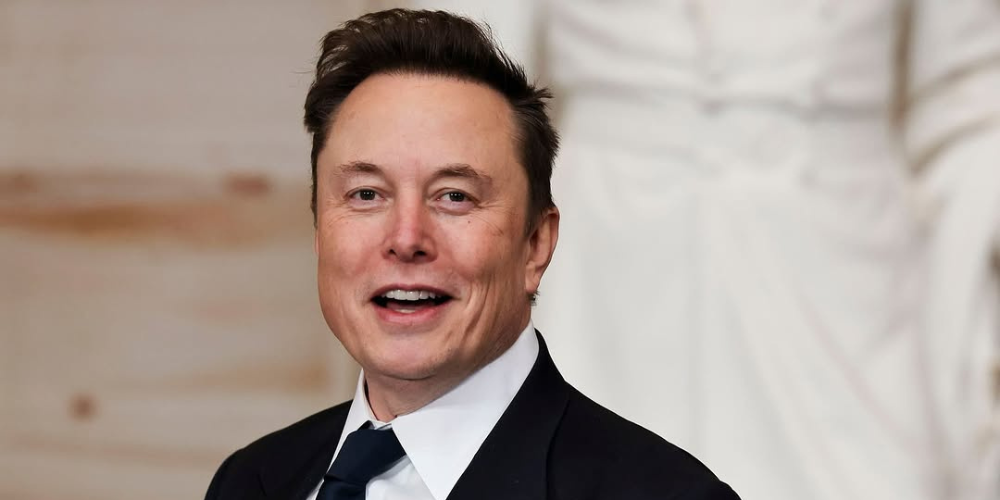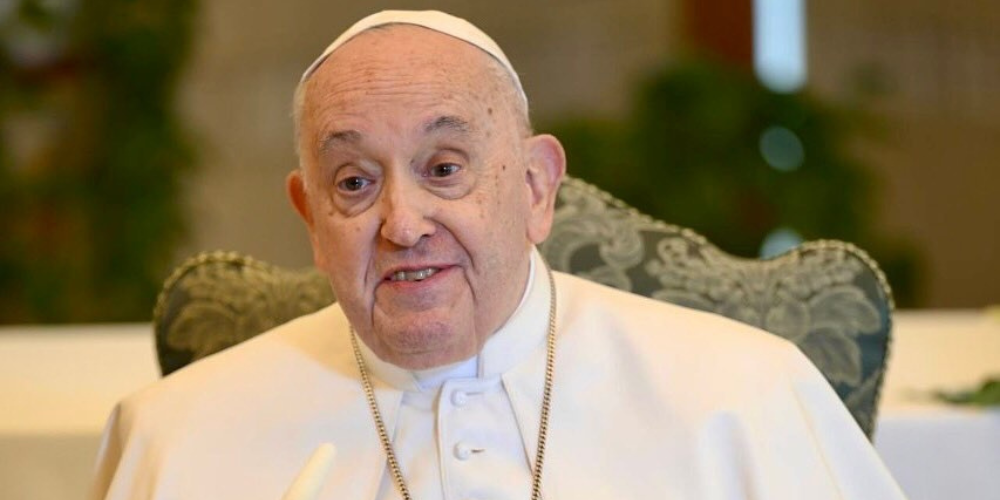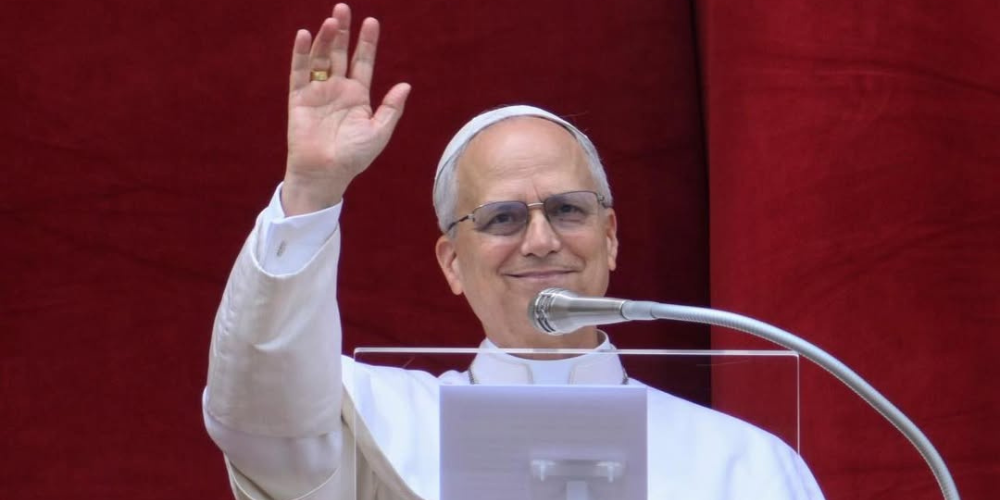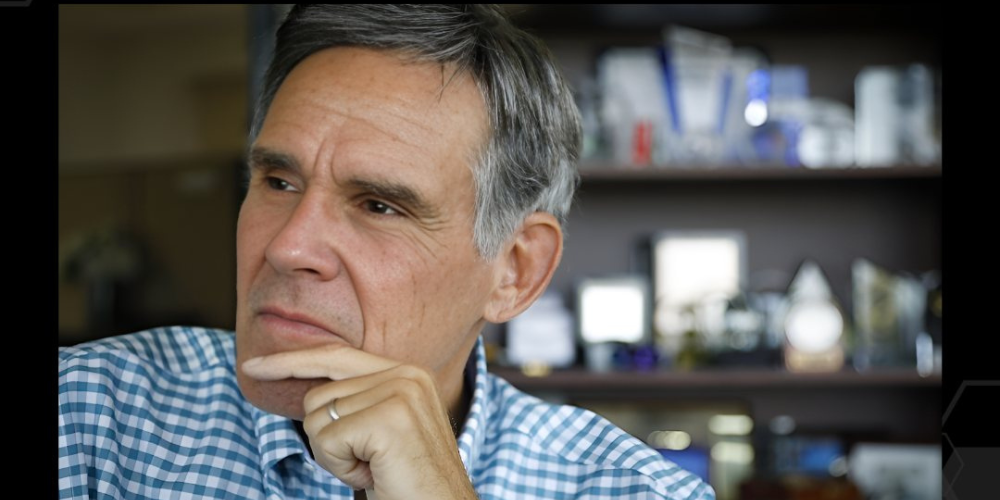Elon Musk, one of the most influential entrepreneurs of the modern era, often presents himself as a self-made innovator. However, his family’s history connects deeply to South Africa’s apartheid-era economy, raising questions about privilege, inherited wealth, and historical responsibility.
This article explores Musk’s lineage, particularly the roles his grandfather Joshua Haldeman and his father Errol Musk played in shaping the family's financial and ideological background. It also examines how these influences may have contributed to Musk’s worldview and business philosophy.
Joshua Haldeman
Elon Musk’s grandfather Joshua Haldeman lived an adventurous and politically active life. Born in Canada, he initially gained prominence as a chiropractor. However, his ambitions extended beyond medicine. He actively participated in the Canadian social and political landscape, aligning himself with far-right movements. His deep involvement in politics led him to support the Social Credit Party, which promoted economic reforms rooted in conspiracy theories.
Despite his political engagements in Canada, Haldeman and his family relocated to South Africa in 1950. He made this decision during the rise of apartheid, a system of institutionalized racial segregation. His motivations remain unclear, but evidence suggests that his political leanings made South Africa’s authoritarian structure appealing to him.
Once there, he continued pursuing his adventurous lifestyle, embarking on transcontinental flights across Africa. Although he did not publicly endorse apartheid, his decision to move to a nation enforcing strict racial segregation raises questions about his ideological stance.
Errol Musk

Instagram | businessboosthacks | Errol Musk gained wealth from South Africa’s mining industry during apartheid.
Errol Musk, Elon’s father, built significant wealth through South Africa’s lucrative but exploitative industries. He worked as an engineer, but his financial success largely stemmed from mining. During apartheid, South Africa’s mining sector thrived due to government policies that systematically suppressed Black laborers’ wages while ensuring white mine owners and investors reaped immense profits.
Reports indicate that Errol Musk owned shares in an emerald mine in Zambia. The details surrounding his involvement remain murky, yet multiple sources suggest that he benefited from the region’s colonial-era extractive economy.
Although Zambia had gained independence from Britain in 1964, its mining industry still operated under structures that disproportionately favored foreign and white investors. Because apartheid-era South Africa had close economic ties with other African nations, white South African businessmen often leveraged these relationships to access resources outside their borders.
Elon Musk himself has made conflicting statements regarding the mine’s existence. At times, he denied benefiting from his father’s wealth, yet past interviews reveal that he acknowledged his father’s financial support during his early years. While some defenders argue that Musk’s success stems from his entrepreneurial skills rather than inherited wealth, critics point out that his privileged upbringing gave him access to opportunities unavailable to most South Africans under apartheid.
Elon Musk’s Early Life in Apartheid South Africa
Growing up in Pretoria during apartheid, Elon Musk lived in a world shaped by racial segregation. The government’s policies ensured that white citizens, particularly those from wealthy families, received superior education, better infrastructure, and unrestricted access to opportunities. Musk attended prestigious schools that primarily served South Africa’s white elite. Although he later moved to North America to pursue higher education, his early years occurred in an environment designed to benefit a racial minority at the expense of the Black majority.
Despite this reality, Musk rarely discusses apartheid’s impact on his childhood. Instead, he often emphasizes the struggles he faced, such as bullying and his parents’ divorce. While these personal challenges undoubtedly shaped his character, they occurred within a broader socio-political system that shielded him from the harsh economic and social restrictions imposed on non-white South Africans.
Peter Thiel and Apartheid’s Ideological Legacy

Instagram | businessinsider | Peter Thiel’s upbringing in apartheid-era Namibia shaped his later views on capitalism.
Elon Musk’s connection to apartheid-era history extends beyond his family. His early business ventures brought him into contact with influential figures who had similar backgrounds. One of the most notable examples is Peter Thiel, a fellow PayPal co-founder.
Thiel, who spent part of his childhood in Namibia, lived in a region controlled by South Africa during apartheid. At the time, Namibia remained under South African rule, and many white communities in the country held pro-apartheid or even neo-Nazi sentiments.
Although Thiel and Musk never publicly endorsed apartheid, their shared background raises questions about how their early environments influenced their ideological perspectives. Both men later built careers advocating for minimal government intervention and deregulated economic policies.
Some critics argue that this preference for laissez-faire capitalism mirrors the privileges they experienced under apartheid, where a small elite controlled vast resources with minimal state interference—except when enforcing racial segregation.
Historical Responsibility
Many discussions surrounding Musk’s background focus on the extent to which individuals should take responsibility for the actions of their ancestors. Some argue that holding Musk accountable for his grandfather’s or father’s choices is unfair. They contend that he built his fortune through innovation, particularly in companies like Tesla and SpaceX. Others, however, believe that his privileged upbringing played a crucial role in his journey.
Wealth and power often pass down through generations, even when individuals claim to have built their success independently. For example, access to elite education, financial stability, and social networks can significantly impact a person’s ability to take entrepreneurial risks. While Musk may not have directly participated in apartheid-era economic exploitation, his family’s history suggests that he benefited from a system that disadvantaged millions of others.
Musk’s Response to Criticism

Instagram | marketingmind.in | Elon Musk maintains a low public profile regarding accusations of his family's apartheid associations.
Elon Musk rarely addresses allegations regarding his family’s connections to apartheid. When confronted with claims about the emerald mine, he has oscillated between outright denial and reluctant acknowledgment. In some instances, he stated that his father exaggerated their wealth, while at other times, he admitted to receiving financial assistance in his youth.
However, his reluctance to engage in discussions about racial and economic privilege contrasts with the increasing scrutiny that public figures face regarding their backgrounds. Other billionaires, such as Bill Gates and Warren Buffett, have openly acknowledged how their privileged upbringings contributed to their success. Musk’s defensive stance suggests that he either underestimates the significance of his family history or prefers to maintain the narrative of a self-made billionaire.
The Intersection of Privilege and Innovation
Elon Musk’s story remains a complex blend of undeniable innovation and inherited advantage. While he has undoubtedly revolutionized multiple industries, his path to success did not begin from scratch. His grandfather’s ideological ties to far-right politics, his father’s wealth from apartheid-era industries, and his early education in a racially segregated society all played a role in shaping his trajectory.
Although Musk’s defenders argue that his achievements should stand independently from his family’s past, history does not exist in isolation. The economic and social structures that enriched the Musk family emerged from a system that disadvantaged millions of Black South Africans. Understanding this context does not diminish Musk’s accomplishments; rather, it provides a fuller picture of the privileges and challenges that shaped his rise.
As society continues to examine the ethical implications of wealth accumulation, Musk’s story serves as a case study of how history influences modern success. Like that of many powerful figures, his legacy exists at the intersection of personal brilliance and systemic advantage.














